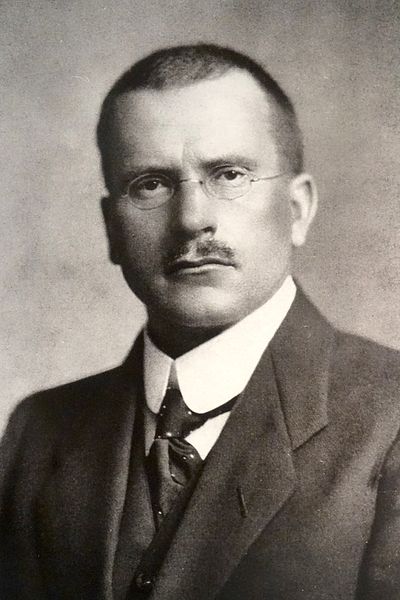For most of us, the sensation of lethologica is all too familiar. It’s that mildly frustrating feeling of having a word simultaneously within reach but too far to grasp, with success bringing a rush of euphoria and failure an unsatisfied resignation.
Lethologica was particularly interesting to neo-Freudian psychologist Carl Jung, who is widely credited with coining the term, during his study into the unconscious mind.

Unravelling human memory
The phenomenon of having a word on the “tip of your tongue” is not just an insignificant everyday occurrence. It has proven to be of high value to psychologists investigating how human memory works. Psychological research is notoriously difficult, and the human mind is notoriously tricky. A seemingly simple function, such as imagining a shape, can involve many different regions of the brain working in parallel. As a result, it is difficult for researchers to pin down exactly how involved other parts of the brain are during specific tasks.
Read more: Do Flies Sleep?
Though it may seem unintuitive, experts turn to instances of brain malfunctioning, such as lethologica, to gain insight into these questions. Not surprisingly, lethologica has allowed researchers to learn about different characteristics of human cognition, particularly the interaction between memory and language.
Defining lethologica
Scientifically, lethologica is defined as “a feeling that accompanies the temporary inability to retreive information from memory.” It is particularly interesting due to its metacognitive properties. A distinct feeling that accompanies lethologica is a knowledge of knowledge. You know that the information you seek is located somewhere in your memory. Still, you don’t know how to retrieve it, which often leads to frustration.
Human memory consists of three functions:
- Encoding – the process of converting information into a form that the brain can store.
- Storage – the saving of information deemed necessary by the brain.
- Retrieval – the movement of stored data into consciousness.
What causes lethologica?
Lethologica is essentially a temporary impairment of the process responsible for retrieving information from long-term memory storage. Every time you use a word, the hold of it in your memory is strengthened. Therefore the words most susceptible to being forgotten are the ones we don’t use often. The average adult vocabulary encompasses around 50,000 words. This doesn’t include known words that are not actively used, it’s not inconceivable that the brain might have a hard time making sense of it all.
Our memory works very differently than that of a computer. In our brains, memories are not technically stored anywhere, in a spatial sense. They are stored according to associations with other information. Have you ever smelled something, and instantly a vivid memory pops into your head? That memory is strongly linked with that smell within your brain, which acts as a trigger. Lethologica is like having the trigger, but nothing connected to it.
How can you overcome lethologica?
On how to prevent tip-of-the-tongue experiences, research is conflicting. In some studies, these states are claimed to serve a beneficial role in learning. Spending more time within a lethological state may improve future recall for that specific word. This is because a tip-of-the-tongue sensation is highly motivational. When you know you know something, but can’t remember it, you are more likely to spend time trying to remember it. Studies have shown that the more time spent trying to retrieve an item from memory, the better the thing will be learned.
Read more: What Is a Weeb or Weeaboo?
In contrast, some psychologists have said that spending time entertaining a lethological state can actually be harmful to future recall, due to implicit, or unconscious, learning. In a ScienCentral News interview, psychologist Karin Humphreys likens it to “spinning your tires in the snow.” Instead of learning the correct word, people end up learning the mental state, or as Humphreys says, “learning the mistake.”
Research shows that some factors influence how likely one is to experience lethologica. These include:
- Exhaustion – people are more likely to experience tip-of-the-tongue when tired.
- Age – younger people experience lethologica about once a week, while older adults can experience it once a day.
Lethologica is nothing to be concerned about. Suppose you want to avoid forgetting words in the future. In that case, it is recommended to repeat the word you were looking for to yourself (silently or verbally) after figuring it out. But if you can’t find it again next time, you might want to look at the tip of your tongue.


